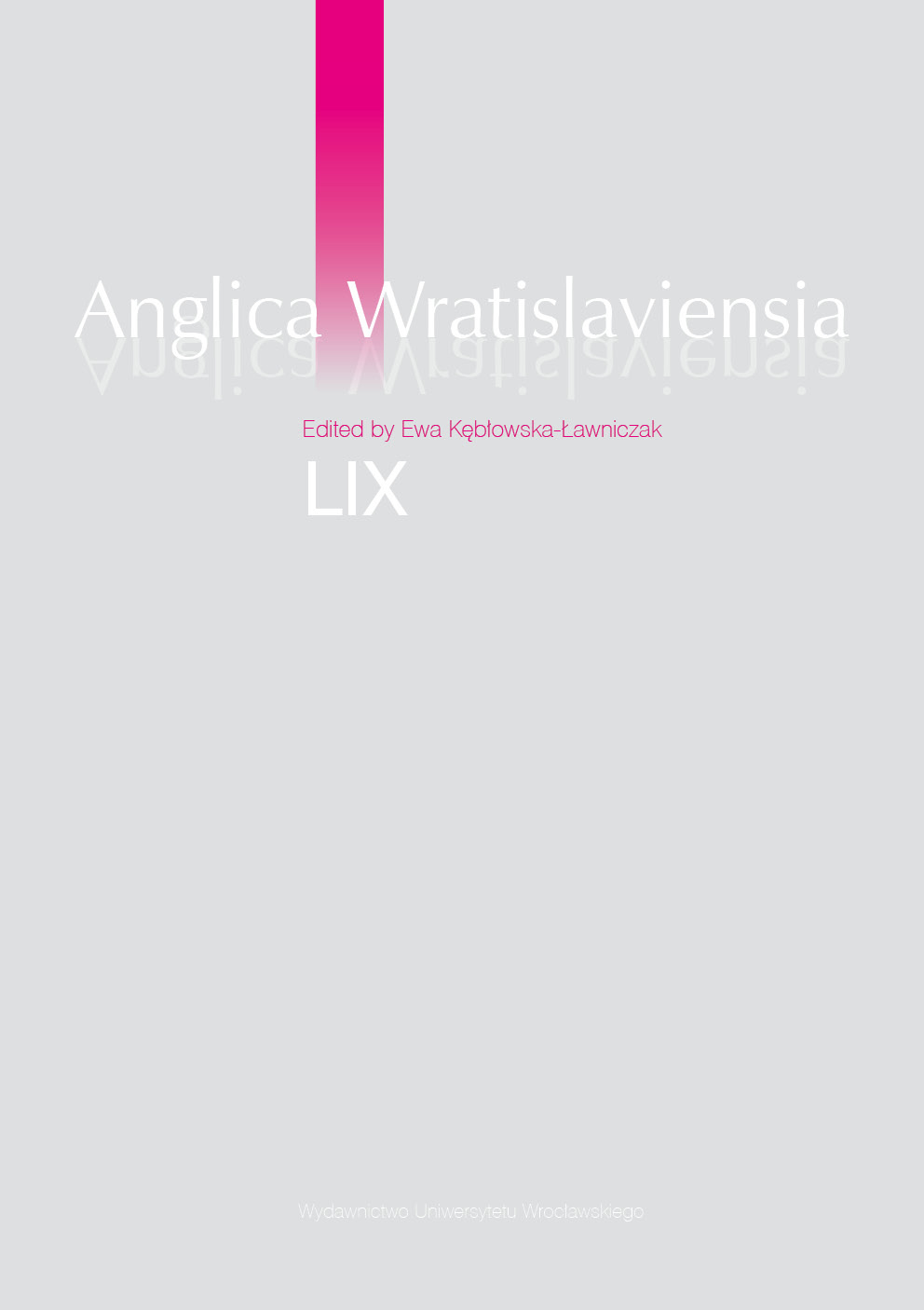Nebuchadnezzar’s Mind and Memory in the Old English “Daniel”
Nebuchadnezzar’s Mind and Memory in the Old English “Daniel”
Author(s): Jacek OlesiejkoSubject(s): Language and Literature Studies, Studies of Literature, British Literature
Published by: Wydawnictwo Uniwersytetu Wrocławskiego
Keywords: Old English Daniel; Old English poetry; memory in medieval culture; Old English literature; medieval English literature
Summary/Abstract: As Mary Carruthers observes in her seminal Book of Memory, the cultivation of memory was considered a mark of superior ethics in the Middle Ages. She claims, for example, that “the choice to train one’s memory or not, for the ancients and medievals, was not a choice dictated by convenience: it was a matter of ethics. A person without a memory, if such a thing could be, is a person without moral character and, in a basic sense, without humanity” (Carruthers 14). In the present article, which aims to discuss the Old English biblical paraphrase Daniel, I argue that memory plays an important, if not essential, role in Nebuchadnezzar’s conversion. The poet expands on the biblical source, the Old Testament Book of Daniel, to depict the Babylonian king as commencing a process of rectification of the self by incorporating and internalizing the word of God, mediated in the poem by Daniel the prophet, as part of his self.
Journal: Anglica Wratislaviensia
- Issue Year: 59/2021
- Issue No: 1
- Page Range: 65-90
- Page Count: 26
- Language: English

